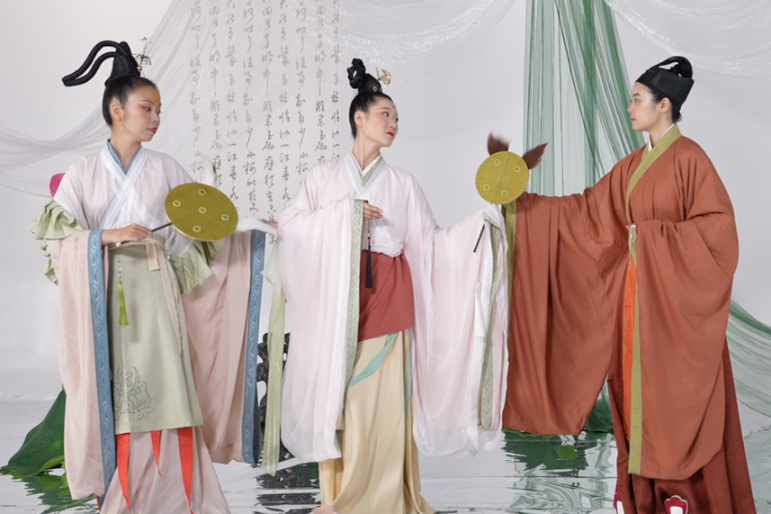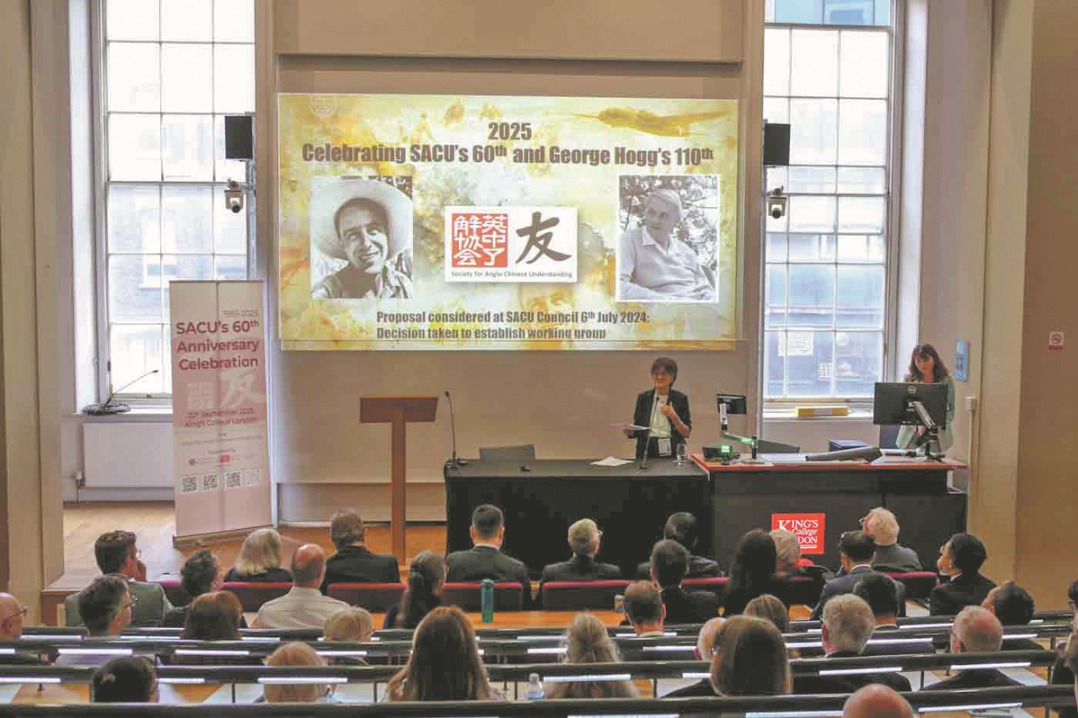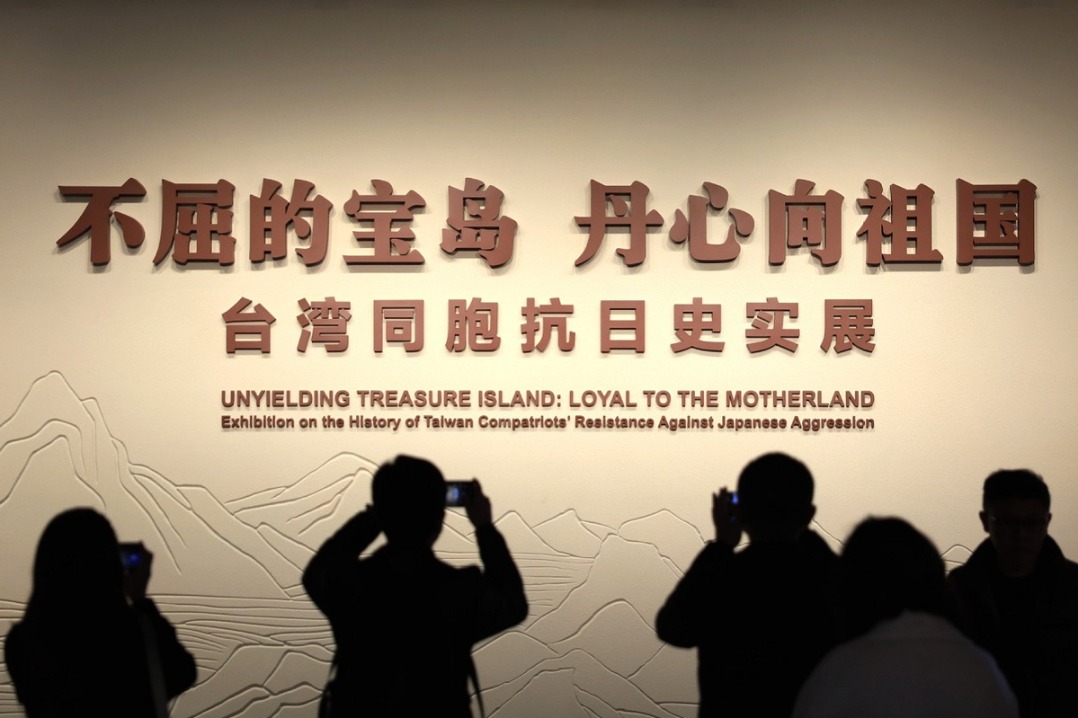The 'play's the thing' in rise of immersive theater
Yet another form of entertainment attracts younger generation with interactive experiences

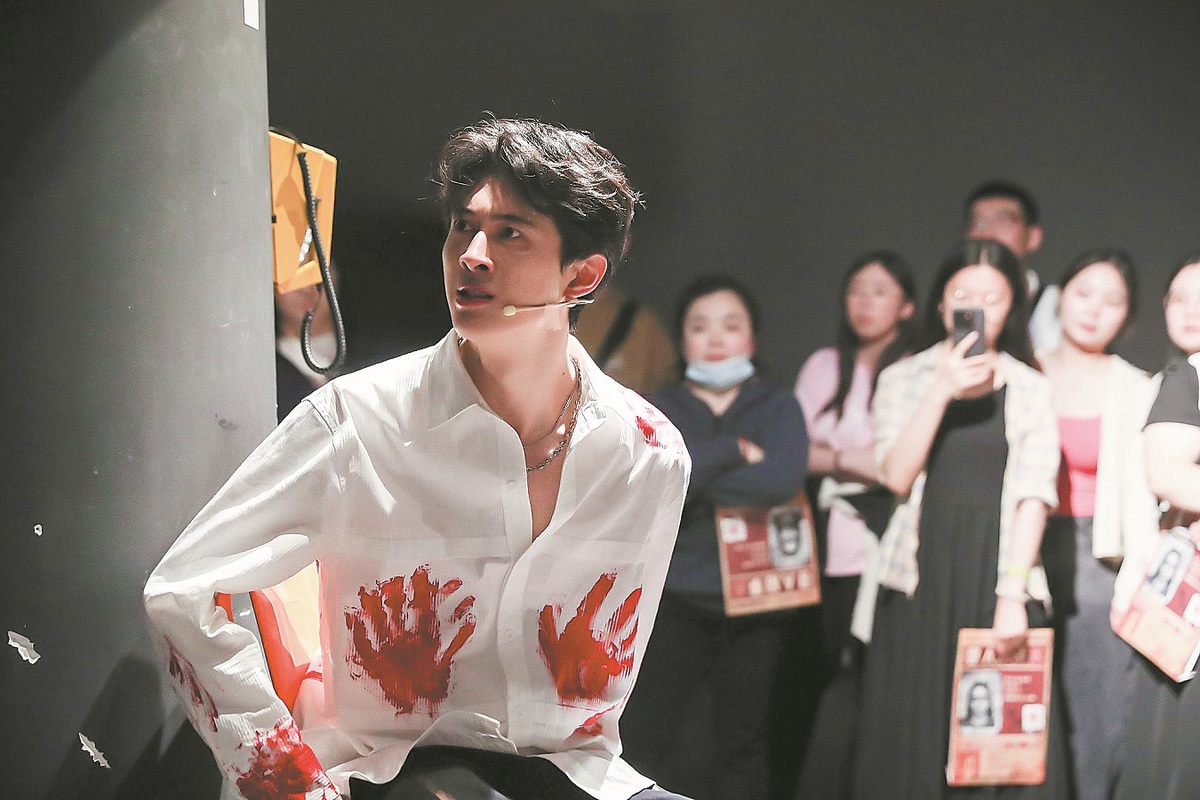
Breaking with tradition
One of the barriers traditional theater faces is the perception that it's "highbrow" or only for an elite group.
Immersive theater can break that perception. Its more casual, often interactive nature makes it feel accessible to a wider audience — particularly younger people, groups of friends, and those who might not normally consider themselves "theatergoers".
The integration of pop culture, modern themes, and a hands-on approach allows immersive theater to appeal to those who might see traditional theater as outdated or intimidating.
"Immersive theater is often performed outside traditional venues, sometimes in unconventional spaces like warehouses, outdoor locations, or repurposed buildings. This makes it accessible to wider audiences who may not typically frequent traditional theaters," said director Li Zhuoqun.
One of the defining features of immersive theater is its potential to create community experiences.
Whether it's by solving puzzles together, making collective decisions, or simply sharing the experience of being involved in the story, immersive theater fosters a sense of belonging and shared excitement.
"For many people, immersive theater offers the chance to step outside their everyday life and immerse themselves in a world of fantasy, mystery, or excitement," said Li. "People enjoy the novelty of stepping into a world that challenges their perceptions and allows them to be part of the action."
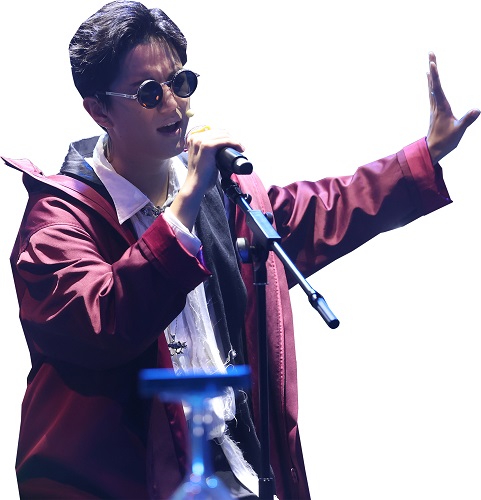
Li studied drama literature at the National Academy of Chinese Theater Arts and then obtained a master's in theater directing. After graduating, in 2011 she joined the Jingju Theater Company of Beijing as a scriptwriter and director.
Most of her productions have been traditional Chinese operas. In recent years, she made her directorial debut in musicals and dramas, which expanded her fan base.
Early this year, Li directed an immersive musical production Till We Meet Again, which blends the timeless artistry of Peking Opera with the emotive power of music.
Instead of a traditional musical theater, the production was staged at Huguang Huiguan, or Huguang Guild Hall in Beijing, a complex of buildings over 200 years old, tucked away in a downtown hutong area.
Infused with a contemporary twist, the show integrated modern musical elements, such as electronic beats and jazz, bringing a fresh energy to the performance and appealing to both traditionalists and younger audience members.
With its courtyards and halls filled with wooden beams and intricate carvings, the guild hall is most famous for its center stage, where Peking Opera masters such as Mei Lanfang (1894-1961), Tan Xinpei (1847-1917) and Yu Shuyan (1890-1943) once performed.
"Besides interaction with performers, the audience is invited not only to witness a performance but to be part of a larger cultural dialogue. Before and after the show, they can visit the venue, which is also a museum displaying old photos, vinyl records of Peking Opera stars, and historic documents about Peking Opera," said Li.














